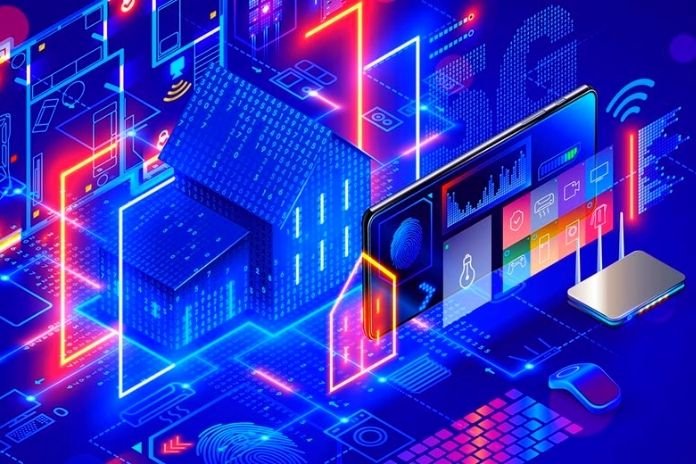IoT: A Universe Of Possibilities And Opportunities!

The term IoT is increasingly used and has become popular. The term Internet of Things is used to name objects that can be connected via the Internet.
If this seemed like something out of a movie some time ago, it is already a reality for a large part of the world’s population today.
What Areas Can Benefit From IoT?
These devices, combined with other technologies, can help us in almost all areas; see some examples: In one of the hottest topics today, which is the impact of business on the environment, IoT systems are already being widely used to increase the efficiency of electrical energy. In this way, it is possible to monitor energy consumption in real-time. An abnormal variation in consumption can be detected remotely.
Another good example is within the industry: vibration and temperature sensors in machines help identify wear or even impending failures, thus making maintenance much more predictable. Also, according to data from McKinsey consultancy, predictive maintenance, enhanced by artificial intelligence, can generate a 40% reduction in maintenance costs. Also, it can reduce machine downtime by up to 50% and increase lifespan by 20% to 40%.
Intelligence And Insight Generation
The potential of IoT is also huge in generating intelligence and insights. These devices, through their sensors, constantly capture data, and today, data is money. For example, data from sensors that monitor the opening of a freezer door inside a supermarket can indicate the attractiveness of products in that freezer. Also, security cameras can monitor the environment and study its use. This would make it possible to strategically decide, for example, where to place higher-margin products or a vending machine.
According to the article What’s Your Data Strategy?, published by the publication Harvard Business Review, on average, less than half of an organization’s structured data is actively used in decision-making in companies. Yet less than 1% of unstructured data is analyzed and used directly. So imagine the potential to be unlocked by companies that embrace data-driven decision-making. They will undoubtedly be way ahead of their competitors.
We Are Just At The Beginning
There is still much more to come. For example, imagine nanorobots with sensors entering your body, monitoring your health in real-time, and transmitting alerts to a medical team in your health plan. Not to mention autonomous cars that are already a reality in some countries. Therefore, there are many paths and possibilities, and there is no turning back. However, we still have a lot of discussions that must be done in the security field.
Through the IoT, it is possible to make better use of available information and extract more value from products and services, regardless of their activity segment. The future has already begun and is accessible to everyone, with sensors and cost-effective devices, usually using already available networks and standardized communication protocols. In other words, using IoT to improve your business is not a complex and unattainable challenge; it is enough to find the best sensors and the best opportunities.
In addition, respondents also claim to have a smartwatch (22%) and voice-activated intelligent devices such as lamps and speakers (8%) at home. Thus, a study by IDC estimates that sales of IoTs aimed at home automation are expected to grow by an average of 11.9% in the coming years.
IoT devices are not a new thing, but a series of technological innovations, which have been advancing, have contributed to the boom of these devices. These include cloud computing platforms, artificial intelligence, machine learning, and advanced analytics. As we have seen in the examples cited above, IoTs are already a reality for many people and are present in our daily lives, but this is just the beginning of this revolution.
Also Read: Internet Of Things: Applications And Myths
